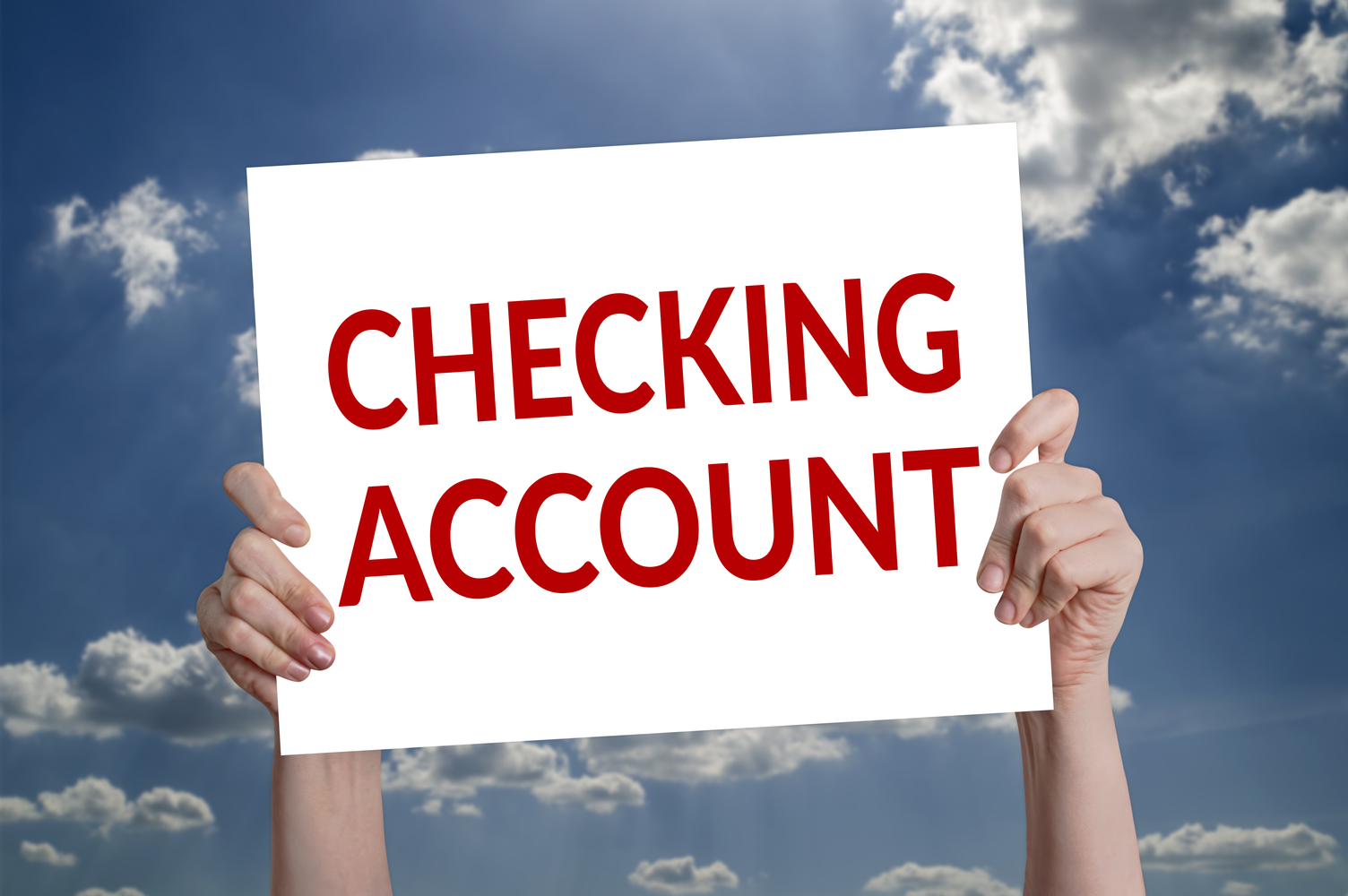
Checking Accounts – What Your Bank May Not Tell You
Checking accounts are simple, easy to operate, and convenient to manage. They work on an apparently basic principle: the customer deposits money into the account. And when they want to spend it, they can write a check, withdraw cash from an ATM, transfer funds, make online payments, etc.
You may have maintained a checking account for years, or you may be someone who’s just opening one. Either way, it’s wise to keep yourself aware of the features, facilities, and pros and cons so that you stay ahead of the curve and protect your own interests and your hard-earned money. Get advice from experts and use these tips for optimizing a checking account to your advantage. Banks don’t always give you the entire information. Unless you specifically ask, they may not volunteer certain facts that could benefit the customer.
Present the Right Documents
Although most banks give you clear and complete information on the documents necessary to open a checking account, some of them may not. And this may lead to a rejection of your request.
Your Account Can be Frozen
This usually happens if your account has shown a negative balance over an extended period of time, or it has been inactive. If the bank suspects you of committing fraudulent activities, it can freeze your account.
Automatic Debit Payments Can be Stopped
Federal regulations give customers the right to stop automatic debits from your account. You may have previously enabled this feature, but you can always remove this feature whenever you want. However, you need to send an email and call the bank/your relationship manager to enable stopping and revoking your previous authorization. Remember that the bank may charge a fee for stop payment orders.
Minimum Balance Requirements
Some banks are upfront about the minimum balance you need to retain in your checking account but not all of them. Another thing they may not be clear about is how much service charge (or penalty) will be levied if your balance falls below the prescribed limit. Look for banks that offer low or no minimum balance requirements.
ATM Transaction Fees
Not all of us know that banks charge fees for using another bank’s ATM. You could end up paying as much as $5 per withdrawal from an out-of-network bank. Before opening a checking account, it’s important to check with your bank whether they levy fees for such transactions.
Ask for High-yield Checking Accounts
Many checking accounts offer low interest rates or none at all. A certain category of checking accounts known as “reward” accounts do offer a 3%-4% annual percentage yield. However, you may have to meet other requirements imposed on such accounts. Another aspect you can get information on is whether the bank offers a sign-up bonus. Some banks may offer quite a substantial sum when you first open the checking account. But read the fine print before you sign up because there could be hidden extras that go with such accounts.


